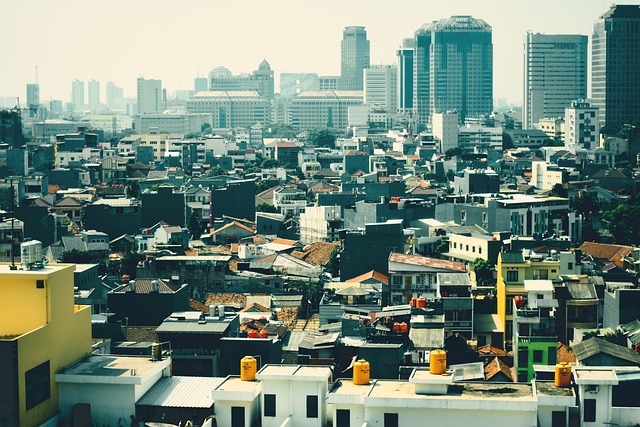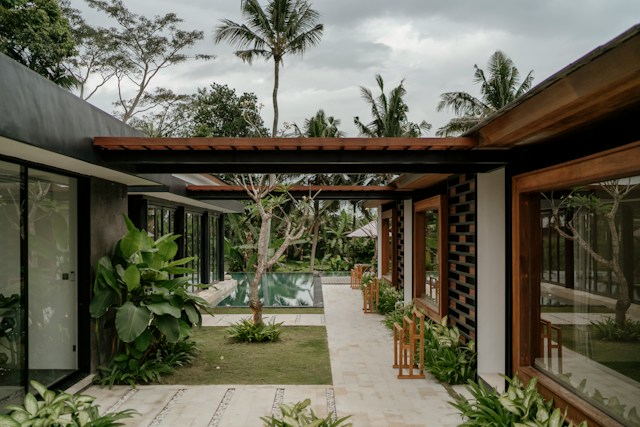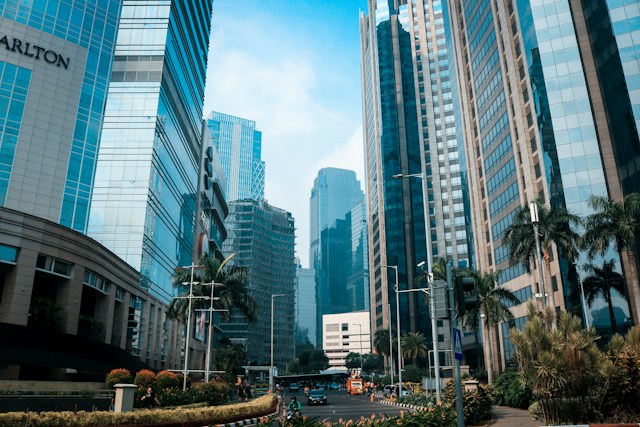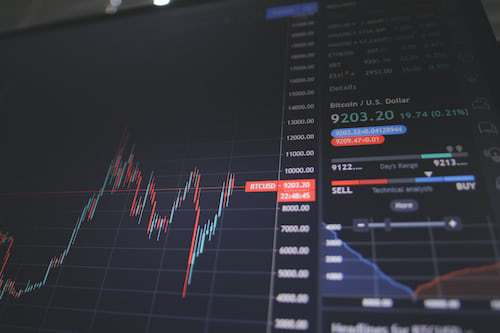As the world’s fourth largest population, Indonesia is a potential market for foreign investors to dive in. According to TradingEconomics, foreign investment in Indonesia (excluding investment in banking and oil and gas sectors) jumped to an amount of 39.7% year-on-year to a record amount of IDR 163.2 trillion (USD 10.89 billion) up until the second-quarter period of 2022. This is a 31.8% growth from the previous period and recorded as the greatest rise in the past decade. This is a phenomenal achievement considering the fact that the country and the rest of the world are still recovering from the effects of the Covid-19 pandemic.
Why Invest in Indonesia?
As a foreign investor in Indonesia, deciding where to invest plays a big part in your success. Pick a wrong place, and you gain the risk of investment loss. Pick the right one, and your business could exponentially grow larger and larger, thus giving you the platform to expand even more. To further convince you to invest in Indonesia, here are our picks of the 6 reasons why Investors must choose Indonesia:
1. Economic State
Indonesia’s economy is the largest in Southeast Asia and one of the most emerging market economies in the world. A proud member of the G20, Indonesia is an industrialized country. It is the 17th biggest economy in the world by nominal DP. In recent years, large numbers of internet-based startups, some of which have emerged as the world’s leading decacorns, have been supporting the economic uprisings in Indonesia. In the year 2025, it is projected that the worth of the internet economy in Indonesia will pass the USD 130 billion mark. The Indonesian economy relies on its thriving and vibrant domestic market.
2. Political Stability
A country’s political situation has a huge effect on the success of investment. In the simplest terms, a country in the middle of a full-blown conflict or war would never be an ideal spot to invest in, because it would put the investor in huge jeopardy. The first indicator of political stability is corruption within the political system. It is no secret that Indonesia has had to endure infamous corruption cases by political figures in the past. However, continuous efforts are constantly pursued by the country’s anti-corruption commission, KPK, alongside the police force in order to eradicate corruption to its very core. The second indicator is government management. In this regard, the Indonesian government has been able to maintain the quality of regulations they produce, navigating the country through the worst periods of the pandemic.
One of the most discussed laws, the Omnibus Law, is also deemed favorable for foreign investors. In terms of democratic accountability, the high usage of social media has enabled the people to voice their aspirations. This also increases accountability of the government. Any violation or unlawful practice could be made viral on social media, prompting immediate action from the authorities. Speaking of authorities, the police and military in Indonesia are doing an excellent job to protect law and order. Furthermore, there is a rule in place barring active members of the police/military to be involved in electoral politics. All these factors mentioned above show that the political landscape in Indonesia is stable and won’t disrupt your investment.
3. Investment Climate
The arrival of the Covid-19 pandemic has threatened the success of investments in Indonesia. To tackle this problem, Minister of Investment and Chairman of Indonesia Investment Coordinating Board (BKPM) Bahlil Lahdalia proposed several recovery strategies. First is to follow-up on stalled investments and initiate large scale investment. The Minister wants Indonesia to be more proactive and ask the investors what their problems are and offer help to solve it. Second is to compile a map of regional investment potential. This is done to list and compile all the potential areas for investment within the Indonesian territory and package in a proper way. It is hoped that this strategy will help attract investors to put their funds in Indonesia. Third, is to assist foreign investment relocation in Indonesia.
4. Natural Resources
Indonesia as a country is blessed with the abundance of natural resources. The mining industry, which is commonly signified by extracting oil and gas, brings in roughly one-tenth of the nation’s GDP. By exporting and charging tax for them, it helps the country obtain more earnings to finance their own development. Fossil fuels such as petroleum, coal, and natural gas also make up a huge chunk of the country’s revenue. They are largely extracted from Sumatra and Kalimantan. In Indonesia, the ownership of natural resources and the right to process them are owned by the government.
Foreign investors work alongside government-owned companies under a production-sharing scheme. Foreign companies act as contractors and processors of the resources, using their facilities and supplying capital when necessary. Through the halfway point of 2022, the mining industry takes up 11,2% of the total of foreign investment, which accounts for USD 2,4 million. Ever since the country’s inception, natural resources have been the lynchpin of Indonesia’s economic progress and consistently stayed as a profitable industry which makes Indonesia even more appealing as a country to invest in.
5. Demographics
In 2030, Indonesia will reportedly acquire a demographic bonus which means that the working-age population is significantly higher than the young people and the elderly. In theory, this could be super beneficial for the economy. When the workforce increases, the economic growth and national prosperity will be significantly higher. For foreign investors, this could be good news.
Investing in Indonesia during demographic bonus means you could collaborate with high quality work forces. The Indonesian government will try and create as many job opportunities as possible. One of the best ways of doing this is to create a business environment that is friendly for potential investors. With more investors in the country, it should increase the amount of job opportunities up for grabs.
6. Global Influence
As the only Southeast Asian country in the G20, it is clear to see that Indonesia has a prominent role internationally. Earlier this year, Indonesia had the honor to assume the presidency for G20. Through the “Recover Together, Recover Stronger” theme, Indonesia hoped to become a catalyst and role model for the rest of the world. In a time when we still have countries going to war against another, Indonesia would like to to remind the value of collaboration and partnership.
As the world collectively bounces back from the pandemic, Indonesia also hopes to push productivity in all sectors. For foreign investors, investing in Indonesia means you are on a partnership with a country with a fast rising economy.
How can Double M help?
If you have decided to invest in Indonesia, there are multiple procedures that you must go through. At Double M, we offer all the services you could possibly need starting from market research to company establishment.






